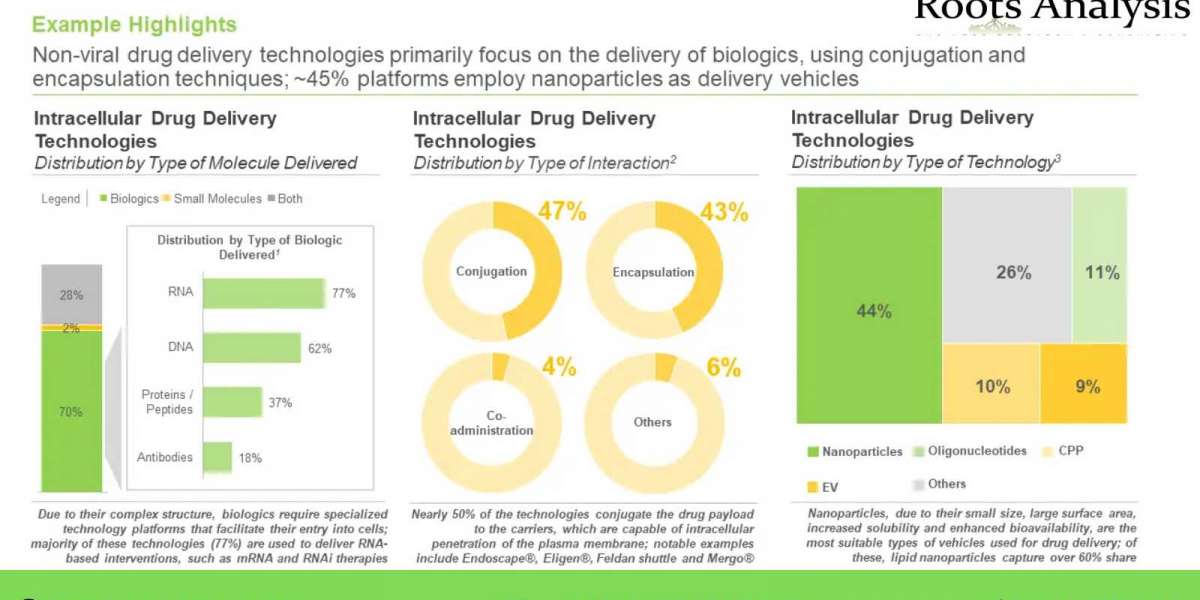Understanding Intellectual Property Infringement
Intellectual property infringement occurs when a party unlawfully uses, reproduces, or distributes protected intellectual property without authorization. This can include copyrights, trademarks, patents, and trade secrets. From counterfeit products to unauthorized use of brand logos, infringement takes various forms and can have far-reaching consequences for businesses of all sizes.
Impact on Lost Revenue
One of the most immediate and tangible effects of intellectual property infringement is the loss of revenue. When competitors or counterfeiters illegally replicate products or services, they siphon sales away from the rightful owners. This revenue loss affects the bottom line and undermines the incentive for innovation and investment in research and development.
Moreover, intellectual property infringement often leads to price erosion, as counterfeit goods flood the market at lower prices. This diminishes the value of authentic products and erodes consumer trust and confidence in the brand.
Damage to Brand Reputation
Beyond financial losses, intellectual property infringement can inflict lasting damage to a business's brand reputation. Counterfeit or substandard products bearing the company's logo or trademarks can tarnish the brand's image, leading to a loss of consumer trust and loyalty.
Consumers who unknowingly purchase counterfeit goods may experience dissatisfaction with the product's quality or performance. As a result, they are likely to associate their negative experience with the legitimate brand, impacting future purchasing decisions and brand loyalty.
Furthermore, in cases where counterfeit products pose health or safety risks, the damage to the brand's reputation can be even more severe. Instances of product malfunction or harm caused by counterfeit goods can lead to public outcry and regulatory scrutiny, further exacerbating the reputational damage.
Legal Consequences and Enforcement Challenges
In addition to financial and reputational harm, intellectual property infringement exposes businesses to various legal consequences. Violating intellectual property laws can result in costly litigation, including damages, injunctions, and legal fees. For businesses operating in multiple jurisdictions, navigating complex legal landscapes and enforcing intellectual property rights can be particularly challenging.
Furthermore, despite efforts to combat infringement through legal means, enforcement remains a constant struggle. The proliferation of online marketplaces and digital piracy has made it easier than ever for infringers to distribute counterfeit goods and content across borders, often operating with impunity.
The Importance of Intellectual Property Protection
Given the significant risks associated with intellectual property infringement, proactive measures to protect intellectual assets are essential for businesses. Establishing robust intellectual property protection strategies can help mitigate the risks of infringement and safeguard the value of intangible assets.
This includes obtaining patents, trademarks, and copyrights to establish legal ownership and exclusive rights to intellectual property. Regular monitoring and enforcement efforts are also crucial to detecting and promptly addressing instances of infringement.
Moreover, educating employees, partners, and consumers about the importance of intellectual property rights can help foster a culture of respect for innovation and creativity. By raising awareness and promoting ethical behavior, businesses can help combat intellectual property infringement both within their organizations and across their supply chains.
Conclusion
Intellectual property infringement poses significant challenges and risks for businesses, affecting their financial performance, brand reputation, and legal standing. From lost revenue and damage to brand reputation to legal consequences and enforcement challenges, the impacts of infringement are wide-ranging and multifaceted.
However, by prioritizing intellectual property protection and adopting proactive measures to safeguard their intellectual assets, businesses can mitigate infringement risks and preserve their intangible assets' value. Through strategic investment in intellectual property protection and enforcement, businesses can navigate the complex landscape of intellectual property rights and ensure their long-term success in an increasingly competitive market.
As the global economy continues to evolve, the importance of intellectual property protection cannot be overstated. By understanding the effects of infringement and taking decisive action to protect their intellectual assets, businesses can position themselves for growth and innovation in the digital age.









